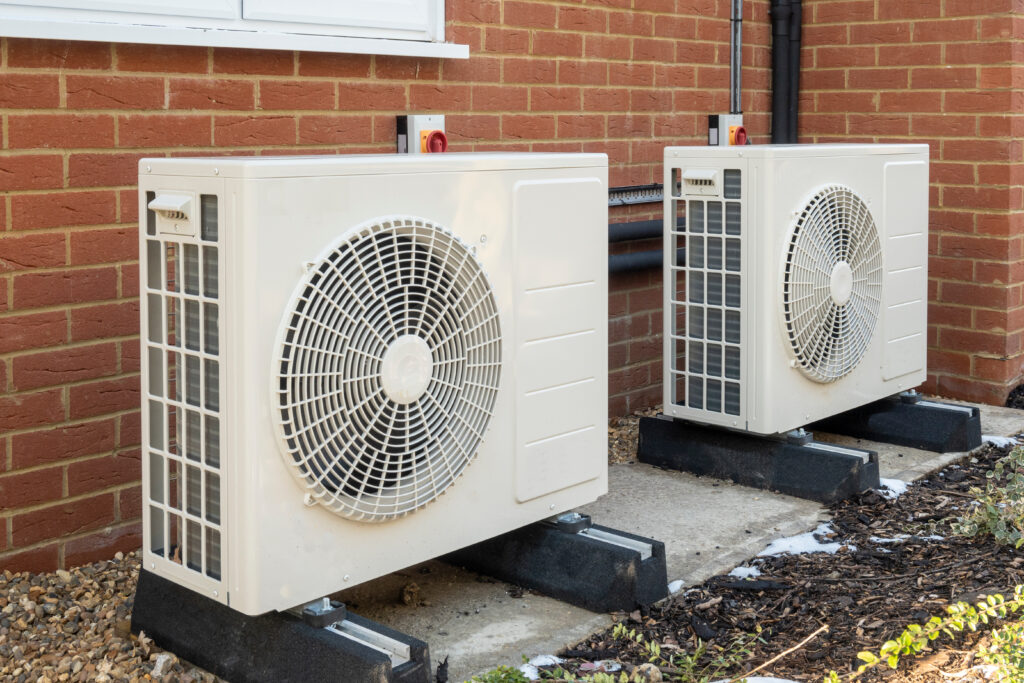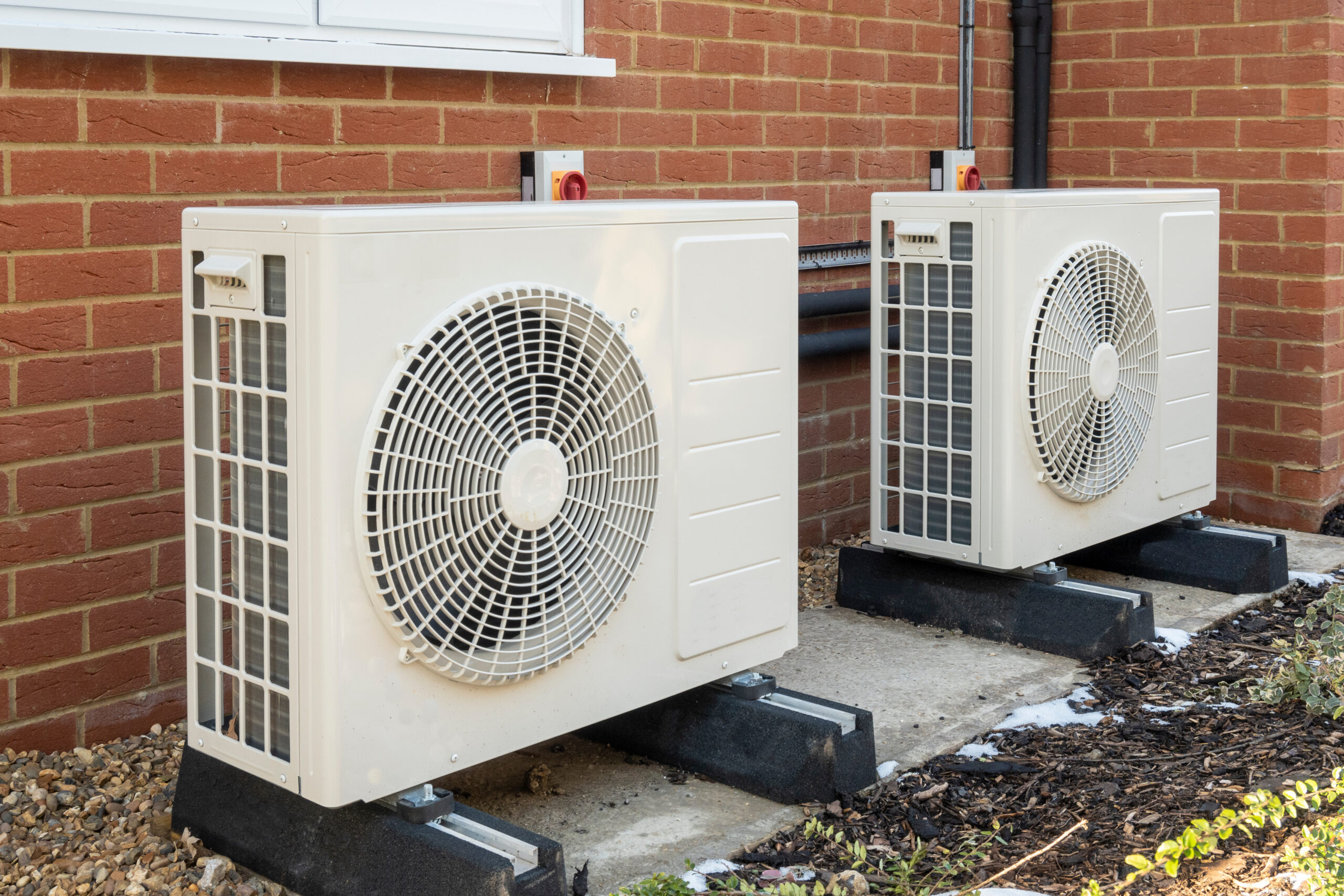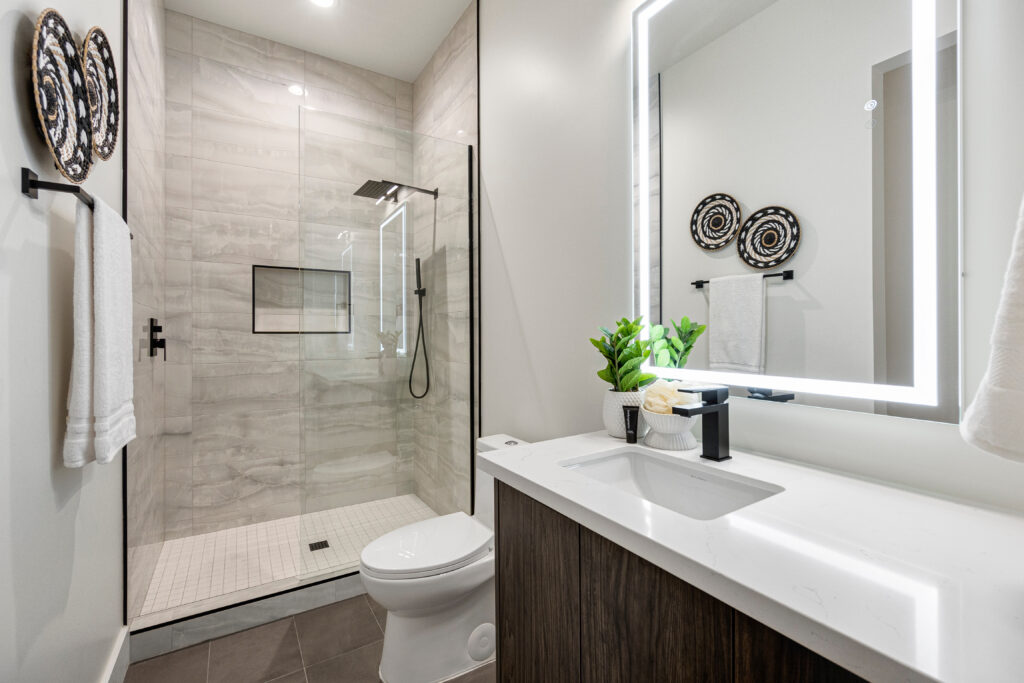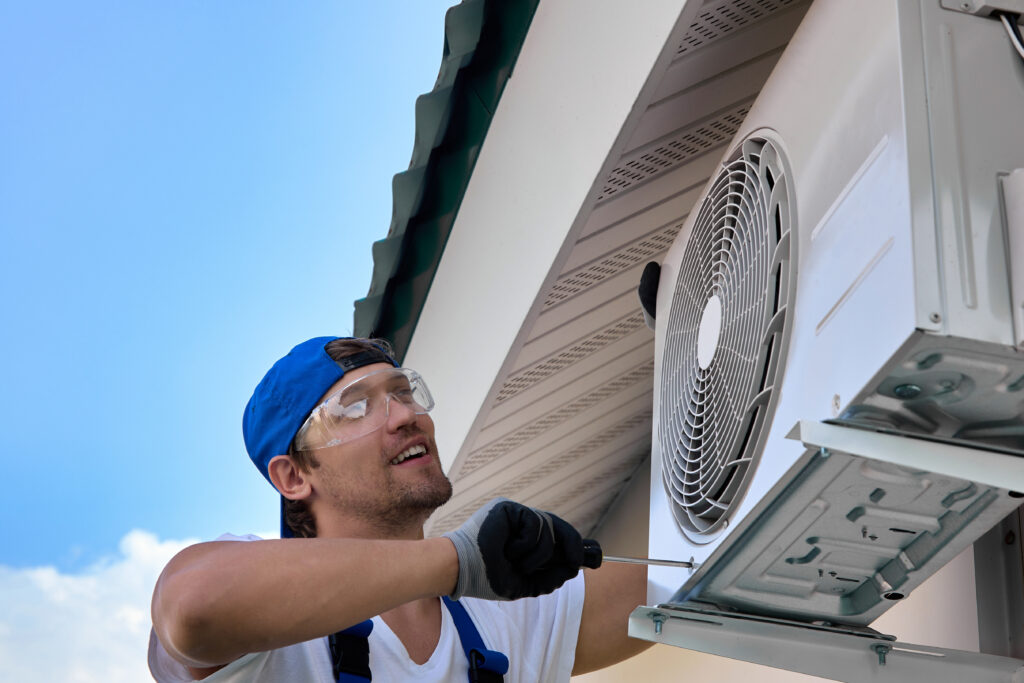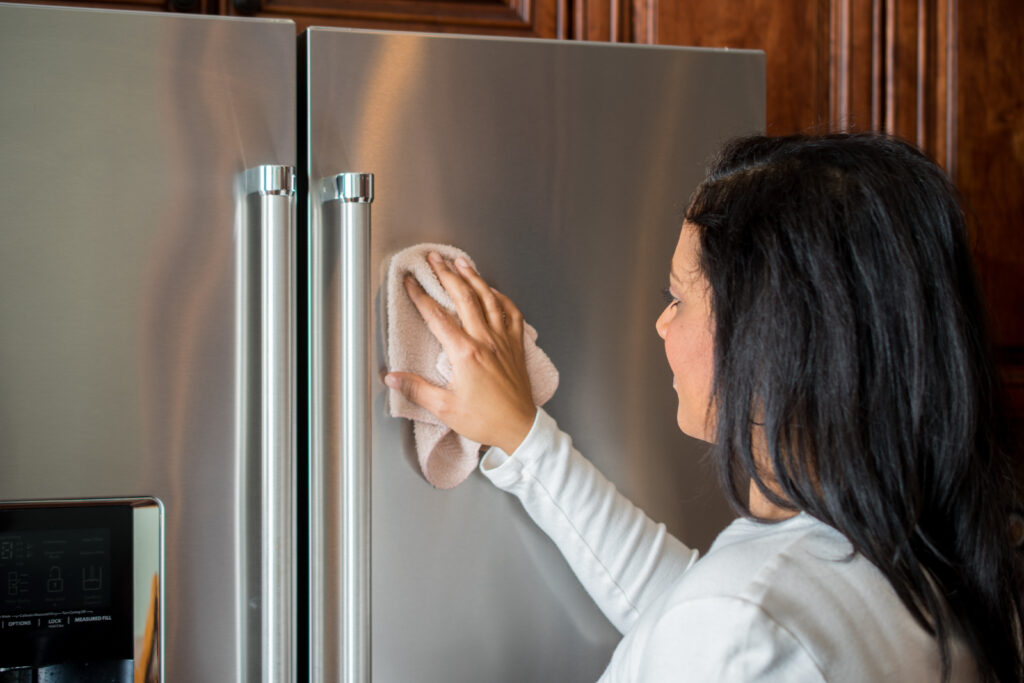Heat Pump Systems: What They Are, How They Work, and Why They Might Be Right for Your Home
Let’s face it, managing a home is basically juggling with a blindfold on. New issues pop up when you least expect them—HVAC suddenly breathes its last during a heatwave, your water heater turns cruel mid-shower—and you just can’t prepare for all of it. One system that’s quietly making waves (and maybe deserves your attention): the mighty heat pump. If you’ve heard of them but never really stopped scrolling long enough to investigate, now’s a good time. Spoiler alert—they’re energy-efficient, versatile, and might just reshape how you keep your home comfy.
What Exactly Is a Heat Pump and Why Should Homeowners Care?
Alright, so a heat pump isn’t some mysterious gadget. In basic terms, it’s a home heating and cooling system that works by transferring heat instead of generating it. Which sounds kind of…witchy? But there’s actual science behind it. In colder seasons, it pulls heat from the outside air (yes, even cold air contains heat) and channels it indoors. Flip it in warmer seasons, and it pushes that inside heat right back out. No fire, no fuss—just fluid and fans doing their thing in a well-orchestrated eco dance.
The beauty of this is that heat pumps handle both heating and cooling duties, meaning you don’t need separate furnaces and air conditioning units. That pays off in space savings, energy efficiency, and long-term cost reductions. Think of it as the Swiss Army knife of home climate control.
How Heat Pumps Actually Work (Without the Mechanical Overload)
Let’s break it down without the sleep-inducing technical jargon. Heat pumps operate by cycling refrigerant—a kind of magical fluid that absorbs and releases heat. It travels through coils, pushed along by a compressor. When it’s set to heat mode, the refrigerant captures heat from—believe it or not—the outdoor air, even in winter. The system compresses the refrigerant to increase its temperature and pumps that heat inside. In cooling mode, the process reverses: indoor heat is absorbed and moved outdoors. Same refrigerant, same loop. Genius, right?
Now, there are three main types: air-source (most common), ground-source (also known as geothermal), and water-source heat pumps. Each works slightly differently depending on its energy source, but the core mechanics stay the same. Air-source units are typically what you’ll see installed in suburban and urban homes. They’re easier to install and more budget-friendly upfront.
Big Wins: Key Advantages of Heat Pumps for Homeowners
First off, energy efficiency is where heat pumps truly strut their stuff. Traditional heating systems generate heat by burning fuel or using lots of electricity. Heat pumps simply relocate existing heat using minimal electrical energy, making them significantly more efficient than electric furnaces or baseboard heating. According to the U.S. Department of Energy, modern air-source heat pumps can reduce electricity use for heating by up to 50%. That’s not pocket change.
Then there’s the all-in-one factor. You’re getting heating, cooling, dehumidification, and even air filtering in one system. That means fewer units to maintain and potentially fewer things to go wrong—though, of course, things do still go wrong. That’s where having a home warranty (more on that in a sec) can really save the day.
And hey, we can’t ignore the eco-bonus. Heat pumps produce fewer carbon emissions compared to many conventional heating systems. Pair them with a green electricity supplier or solar panels? You’re practically giving Mother Nature a big ol’ hug every season.
But Let’s Be Real—Heat Pumps Aren’t Perfect
Okay, here’s where we get honest. Heat pumps do come with a few caveats. First, while they’re marvels of efficiency, their performance dips when the temperature plunges below freezing. Yes, they can still operate (modern systems are getting better at cold-weather efficiency), but you may need a backup heat source during extreme cold snaps if you live in a place where winter likes to overstay its welcome.
Set-up cost is another consideration. While an air-source heat pump can be relatively moderate in cost, ground-source or geothermal systems require digging and can easily run into five figures for installation. Over time, they can pay for themselves in energy savings—but that’s a long game not everyone’s ready to play.
Lastly, maintenance. While heat pumps are reliable, they’re not indestructible. Filters need to be cleaned regularly, and components like the compressor and coils can wear down. That’s where we loop back to home warranty coverage—because surprise breakdowns are not a vibe.
Tips for Deciding If a Heat Pump Is Right for Your Home
First question: What’s your climate like? If you live in a milder region (think coastal states, the South, or parts of the Midwest), an air-source heat pump could be a killer choice year-round without backup heat. In colder areas, it’s still viable, but make sure you’re investing in a unit designed for low temps—or plan to supplement with a furnace or electric panel.
Next, examine your home’s energy setup. Are you using oil or gas now? Switching to a heat pump could reduce your reliance on fossil fuels and cut monthly utility bills. If your home’s already wired for electric heating or cooling, integration might also be super streamlined.
Also, consider system size and insulation. Poorly insulated homes won’t get the full benefit of a heat pump. Sealing drafts and updating insulation might have to come first. It’s kind of like updating your phone only to find your old charger cable still won’t work right. Frustrating, but fixable.
Practical Homeowner Tips for Maximizing Your Heat Pump
If you go the heat pump route, use it smartly. Heat pumps are designed to run continuously at low energy levels—don’t keep adjusting the thermostat dramatically throughout the day. Set it and leave it. Also, get regular seasonal maintenance to clean filters, flush out condensate lines, and make sure refrigerant levels are where they should be. Small issues can spiral fast if ignored.
And don’t forget zoning. Modern mini-split systems let you control temperatures room by room. Perfect for separating the always-freezing-bedroom from the always-hot-office. Bonus: zoning can seriously cut down on wasted energy.
Don’t Get Toasted by Repairs—Protect Your Heat Pump with Armadillo
Look, heat pumps are efficient magic—but no magic is invincible. Unexpected repair costs for compressors, sensors, or electronic boards can throw a wrench into your monthly budget. That’s where partnering with a home warranty provider like Armadillo just makes smart sense.
When your climate control system is covered, you’re only one quick claim away from getting help when it matters most. With Armadillo, you can build a plan that fits your home, your systems, and yup—even your heat pump. No high-pressure nonsense, just straightforward coverage that gives you breathing room when, well, your system stops letting you breathe comfortably.
Start by exploring more at armadillo.one or dive directly into building your protection plan now at our plan builder. Because even high-efficiency systems like heat pumps need a Plan B.
















